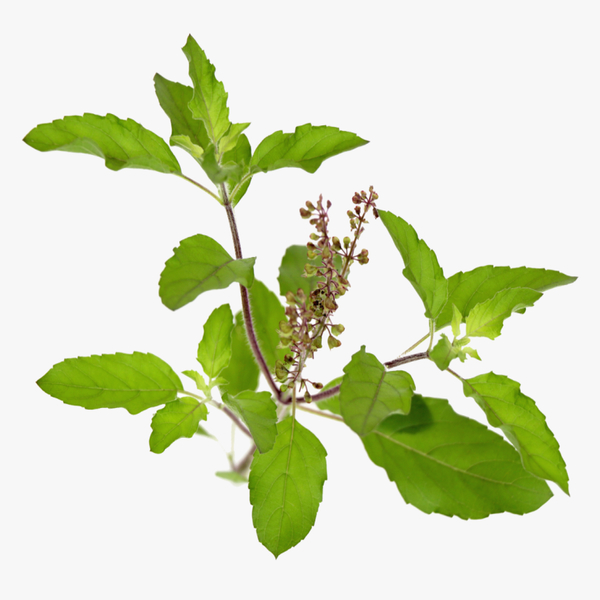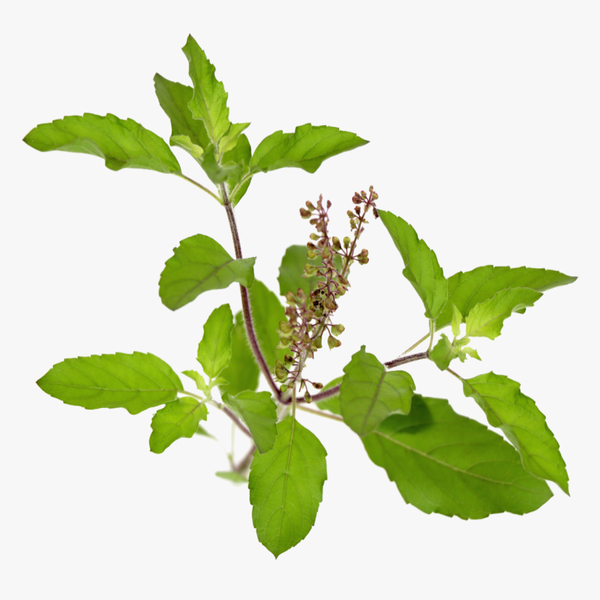Tulasi

Tulasi also known as Holy Basil or Ocimum sanctum; is one of the most common Ayurveda herbs found commonly almost every household in India.
Tulasi has anti bacteria activity and with its aroma it cleanses the environment. Tulasi supports the respiratory system. Because of its anti microbial, anti inflammatory and expectorant activities it is very useful in respiratory infections. Tulasi also works well in respiratory stress.

Effect on Doshas
Kapha Vata Shamak and Pittavardhak. So it is very useful in Kapha-Vata disorders.
Ayurvedic Pharmacology of Tulsi
| Rasa | Guna | Virya | Vipaka |
| Katu, Tikta | Laghu, Ruksha | Ushna | Katu |
- Tulasi work as a cardiac tonic.
- It has insecticidal, deodorant and stimulant property.
- It is helpful herb in reducing edema due to its edema relieving actions.
- This herb also is beneficial in all types of skin disorders.
- It the paste of the leaves is useful in chronic ulcers, and pain.
- The herbal Juice is also used as eardrops in earache.
- Ocimum tenuiflorum has a main action on respiratory system. When Tulasi leaves are given with honey, they act as an expectorant and alleviate the symptoms like cough induced by Kapha, dyspnoea and fever.
- It is a very good home remedy for common symptoms like cold and cough.
- Ocimum is useful in fever with chills and intermittent fever. Decoction of leaves is also useful in chronic fever
| Best Recommended Uses |
| Powder of this herb is specially recommended in respiratory system problems. In skin problems also powder benefits a lot. For healthy and glowing skin a Tea spoon full of Tulasi powder should be taken daily. |
| Doses and Useful Parts |
| Parts Used: – Leaves, root and seeds. Dosage: – Juice 10-20 ml, Powder of leaves – 3-5gm; Seed powder 3-6gm |














